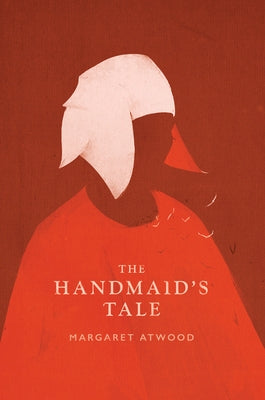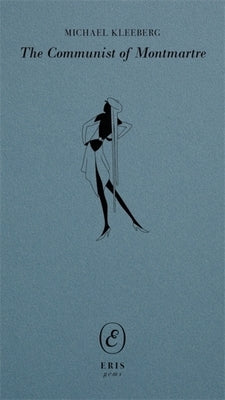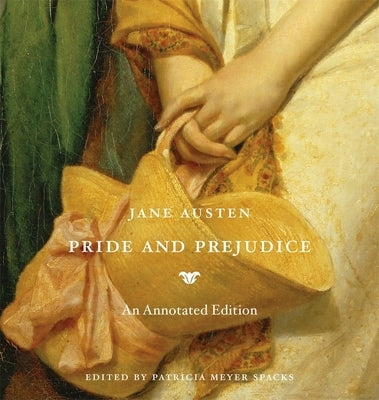We Come Here to Starve
$17.99
Against the Day
$17.99
$25.00
Buckeye: A Read with Jenna Pick
$21.99
$30.00
If We Were Villains
$13.99
$18.99
The Fall
$11.99
$16.00
Everything I Never Told You
$12.99
$18.00
Spectacular Things: Reese's Book Club: A Novel
$22.99
$31.00
Vagabond (Vizbig Edition), Vol. 5
$17.99
$24.99
Goodnight Punpun, Vol. 2
$17.99
$24.99
Assassin's Apprentice Volume 1 (Graphic Novel)
$21.99
$29.99
The Summer Layoff
$20.99
I Who Have Never Known Men
$12.99
$16.95
Paradise Logic
$20.99
$27.99
Deliver
$16.99
$18.99
Rakesfall
$20.99
$27.99
The Hard Switch
$13.99
$18.99
The Conquering Sword of Conan
$12.99
$18.00
The Piano Teacher
$12.99
$18.00
Doomsday Clock: The Complete Collection
$28.99
$39.99
Father of Lies
$12.99
$18.00
Queer
$12.99
$17.00
Rooms of Their Own: Where Great Writers Write
$18.99
$26.00
The Sorrow of War: A Novel of North Vietnam
$12.99
$18.00
Beastars, Vol. 4
$9.99
$12.99
The Handmaid's Tale
$20.99
$28.00
The Book of Disquiet: The Complete Edition
$20.99
$27.95
Swimming in the Dark
$13.99
$18.99
King Nyx
$20.99
$28.99
Goodnight Punpun, Vol. 1
$17.99
$24.99
Tender Is the Flesh
$12.99
$17.99
Dirty Weekend
$10.99
$11.99
The Champagne Slipper
$12.99
$17.95
Pride and Prejudice
$10.24
Coming of the Dry Season
$16.99
$18.48
No Place to Bury the Dead
$17.99
Death of a Prince
$8.00
The Lost Domain
$13.99
A Long Winter
$20.00
The Little Lights of Town: Stories
$17.99
$24.00
Buckeye: A Read with Jenna Pick
$23.99
$32.00
Angel Down
$20.99
$28.99
The Director
$20.99
$28.99
Pride and Prejudice
$32.99
$45.00
The Great Gatsby (Painted Editions)
$14.99
$19.99
The Silmarillion Collector's Edition
$25.99
$35.00
The Sky Beneath Us
$12.99
$16.99
Frankenstein: Or the Modern Prometheus
$5.99
$7.95
The Prince of Tides
$17.99
$23.99





















































